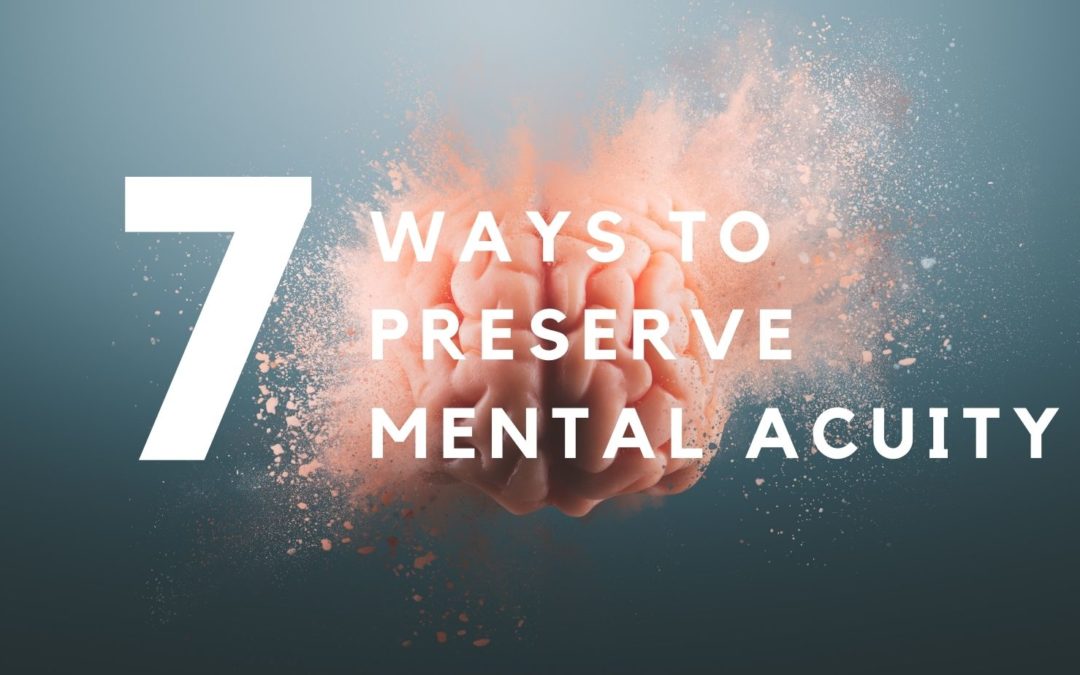Keeping sharp. Focus. A nimble mind. Whatever you call it, mental acuity is important at any age. Whether at preschool age, embarking on a life of learning; or during one’s golden years, taking active steps towards mental fitness should be a cornerstone of anyone’s overall wellness plan.
A mental fitness plan can take many forms: It could be something as high-tech as an app that offers real-time feedback on performance — or something as lo-fi as going out for a leisurely walk. Whatever the case may be, focusing on your mind can have lifelong benefits, including preventing or slowing down the development of memory loss conditions such as Alzheimer’s disease, also known as dementia.
We have compiled seven ways to keep your mind sharp. Some are games; some are athletic. All will help people of all ages keep focus and foster a mind that is always ready to take on the next challenge.
- Crosswords
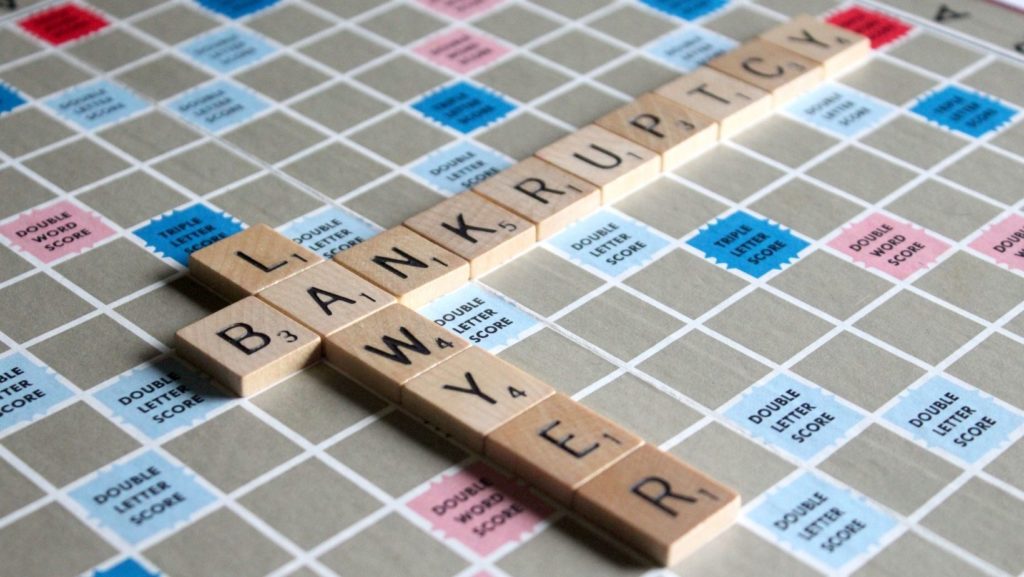
Ever come across a particularly punny clue in the New York Times crossword? It’s black and white: crossword puzzles help your brain by improving your vocabulary, keeping spelling fresh, and reminding you of new ways to think and approach your knowledge.
A study from the University of Exeter Medical School and Kings College London of more than 17,000 people aged 50 and older showed that those who regularly do word puzzles such as crosswords have the brain function of someone ten years younger in terms of short-term memory and grammatical reasoning speed.
Grammatical reasoning and vocabulary building are also great for students studying for standardized exams such as the ACT or SAT, as well as for younger learners eager to build on their reading skills.
Where to find crosswords? For those of us who might not be as tech-savvy or want to rest their eyes from a screen, many newsstands carry paperback volumes of crosswords, such as Large Print Quick Crosswords, a book of 80 puzzles in minimum 16-point font, making it a great choice with people who might have vision problems. Feeling a bit more appy? The New York Times Crossword app offers daily free 5 x 5 Mini crosswords. Get the subscriber package and get its iconic crosswords featured in the paper, as well as an array of seasonal and themed crosswords to pass away the hours.
- Sudoku
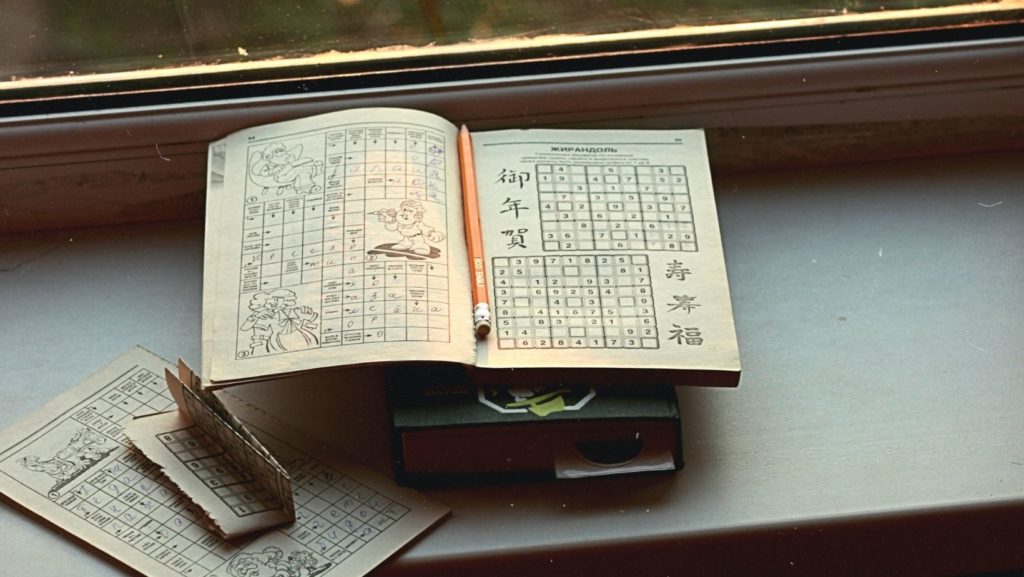
Are you more of a numbers person? No fear: the classic numbers game sudoku can help you level up your memory. How? For starters, you have to memorize the numbers in the puzzle. Second, you have to use logic to figure out what number should go into the following squares.
Sudoku is great for kids as well. Beyond memory and logic, it can teach children abstract reasoning, as well as patience and focus — skills that pay off across academic studies, as well as athletic pursuits.
Interested in crunching some numbers? The Washington Post has free web-based sudoku games to whet your appetite. Puzzles-to-Print has some kid-friendly sudoku games to get your youngsters started — or occupied during those long car trips.
- Endurance sports
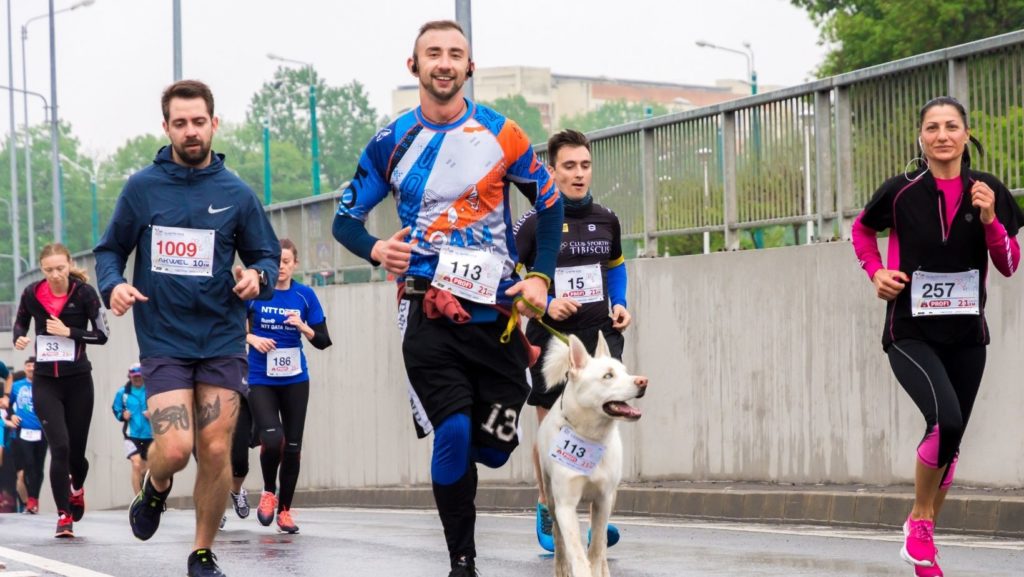
Certainly they’re good for your cardiovascular system. They help lower your risk for diabetes and heart disease. And weight-bearing sports such as running help prevent osteoporosis. But did you know endurance sports can also keep your mind sharp?
A study of people with the average age of 71 published in early 2016 by a group of researchers at the University of Miami published in the journal Neurology showed that people who regularly run, swim, or do exercise of a similar intensity have brains that, on average, of those that are ten years younger than their sedentary counterparts. There are a couple of catches though. First, the exercise regimen is better off if it’s started before signs of memory loss begin to emerge. Second, the exercise needs to be higher intensity. While yoga has its benefits (more on that in a bit), you have got to get your heart pumping to reap these brain-building bonuses.
One of the more stressful parts about launching into a new exercise routine is how to get started. For would-be runners looking to toe the line, through building on run/walk intervals, the Cool Running Couch to 5K app will get avowed sofa spuds ready to run a 3.12-mile race — or at least in shape to do one. People wanting to dive into a swimming routine might want to check out US Masters Swimming for training plans and where to find lessons and pools.
- Meditation

Yoga and meditation quiet the mind. They teach focus. They allow the mind to rest and encourage focusing on movement and breath. With this quieting of the mind comes stable thinking — thinking that can improve cognition.
In a study cited by Psychology Today in 2012, Italian neuroscientist Giuseppe Pagnoni did a study of brain scans of dedicated meditators, compared to a control group of non-meditators. Those participating in the study who had an established meditation practice showed more stability in the ventral posteromedial cortex (vPMC), a part of the brain linked to mind-wandering. In other words, much like an athlete training and muscle memory, meditation strengthened the brain to keep the brain on task.
- Language learning
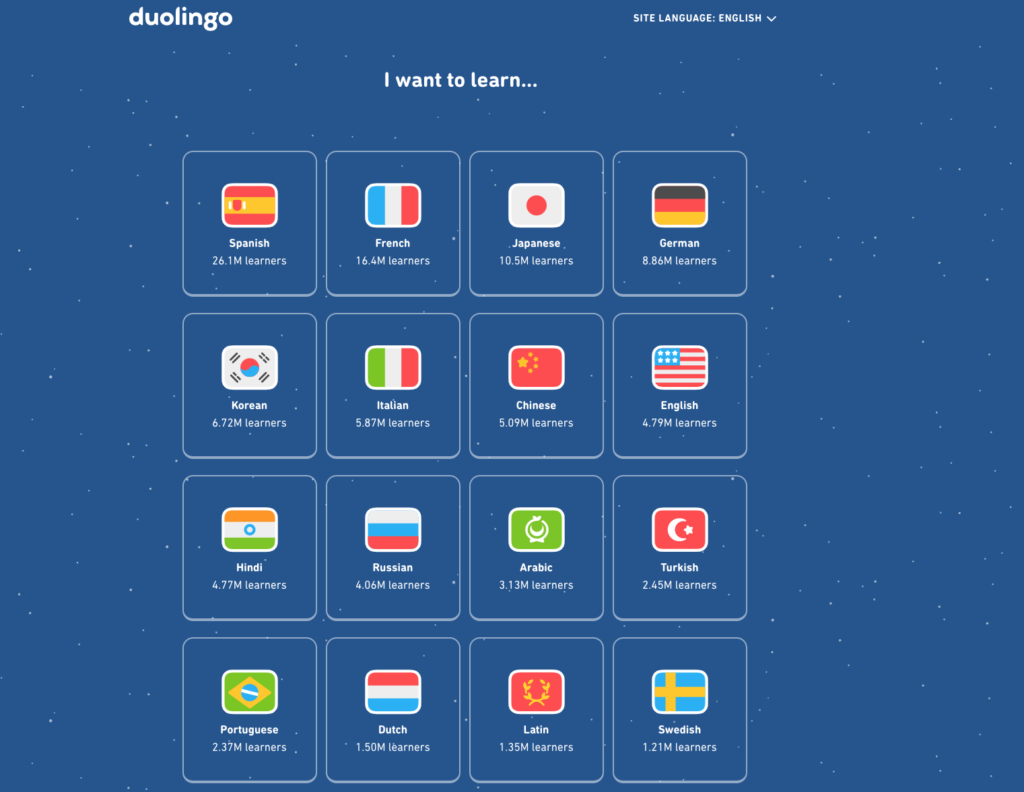
Learning a new language can expand your cultural horizons, improve executive function — how you manage your attention and competing tasks — as well as help stave off memory-related conditions later in life. Here’s how Mark Antoniou, a psycholinguist with Australia’s Western Sydney University, explained it in a November 2018 interview with Knowable Magazine:
Because a bilingual person has mastery of two languages, and the languages are activated automatically and subconsciously, the person is constantly managing the interference of the languages so that she or he doesn’t say the wrong word in the wrong language at the wrong time.
The brain areas responsible for that are also used when you’re trying to complete a task while there are distractions. The task could have nothing to do with language; it could be trying to listen to something in a noisy environment or doing some visual task. The muscle memory developed from using two languages also can apply to different skills.
Expand your gift of gab with globally popular language-learning app Duolingo. With 106 different language courses across 40 languages, you can refresh your high school French or Spanish or jump into a language that’s been on your linguistic bucket list such as Arabic or Chinese.
Duolingo encourages daily sessions with gamified streaks that allow you to build points and compete with others to move to the next higher league. The app is free, though the paid version offers extra benefits such as freezing daily streaks and being able to access lessons without Internet access.
6. Journaling
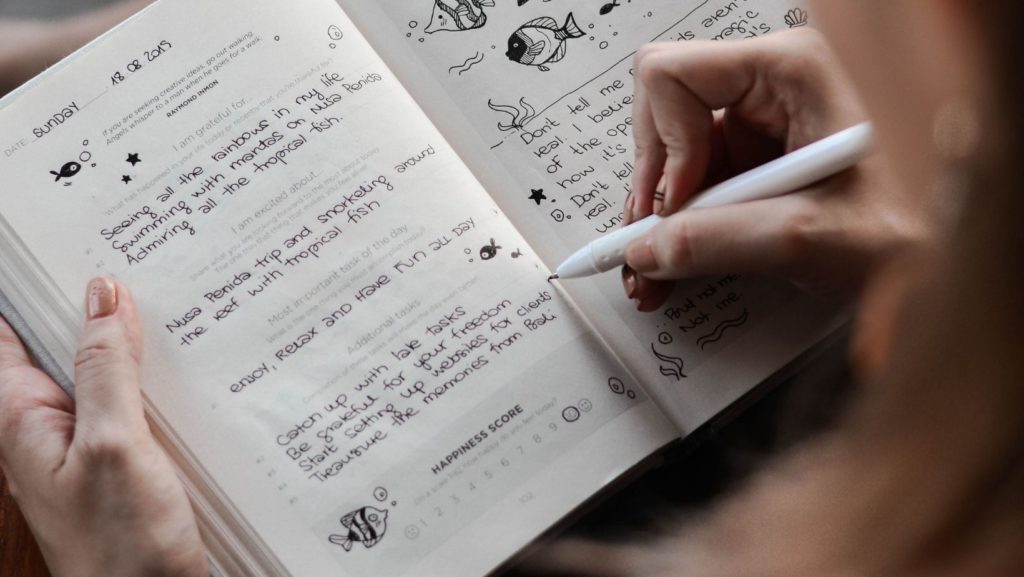
Dear Diary, I need an outlet where I can make sense of it all without having to look at a screen. Enter the return of the classic paper-bound journal. Taking a few minutes out of each day to jot down your innermost thoughts can be both therapeutic and a useful writing exercise. Plus, it has the added benefit of being a souvenir to capture a period in your life and a historical document for future generations.
Classic diaries can also be a great way to foster a love of writing in your children, not to mention get them away from a screen. Go 80s and 90s sleepover style with a lock-and-key diary that glows in the dark.
7. Neurofeedback

Neurofeedback tools such as ours help keep a sharp mind. In fact, the experiments that NASA conducted on pilots on which our science is based showed the positive link between neurofeedback and mental acuity. Learning how it feels to pay attention and how to maintain that focus can have lasting effects for a strong mind throughout one’s lifetime. Being able to power through schoolwork and reading and push through a database spreadsheet without a wandering mind offers personal and professional benefits.
Neurofeedback tools such as our signature smart glasses can help knowledge workers achieve peak performance and flow. From the comfort of your home or working space, our glasses gently change tint when they detect you grow distracted, reminding you when it’s time to refocus on the task at hand, pave the way to productivity, and maintain a nimble brain for decades to come.

